US approves Pfizer vaccine as millions of doses begin shipping
While lockdowns have brought economic pain, boredom and myriad other woes, the effect on the environment has been more positive.
The US green lighted the Pfizer-BioNTech Covid-19 vaccine late Friday, paving the way for millions of vulnerable people to receive their shots in the world's hardest-hit country.
President Donald Trump immediately released a video on Twitter, where he hailed the news as a "medical miracle" and said the first immunizations would take place "in less than 24 hours."
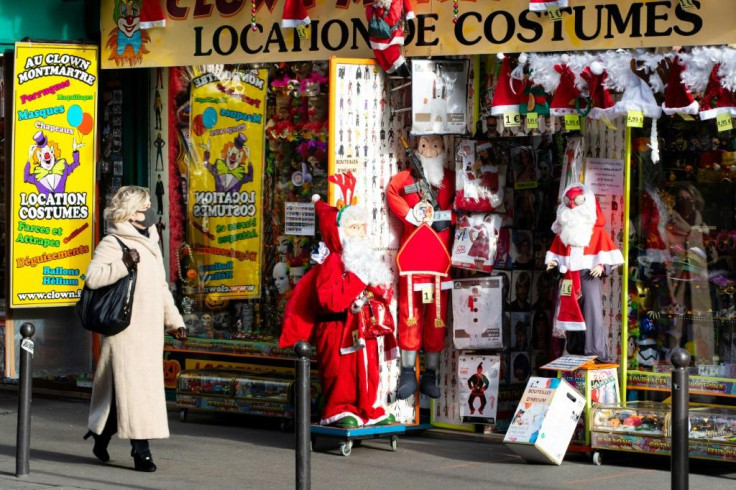
It comes as infections across America soar as never before, with the grim milestone of 300,000 confirmed deaths fast approaching.
The US is now the sixth country to approve the two-dose regimen, after Britain, Bahrain, Canada, Saudi Arabia and Mexico.
The move came earlier than expected, and capped a day of drama after it was widely reported that the White House had threatened to fire Food and Drug Administration chief Stephen Hahn if he did not grant emergency approval Friday.
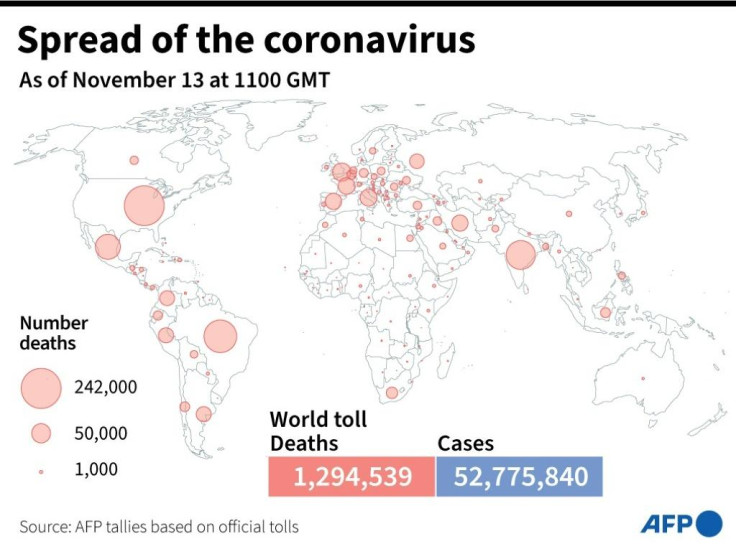
Trump's intervention reinserts politics into the scientific process, which some experts have said could undermine vaccine confidence.
The US is seeking to inoculate 20 million people this month alone, with long-term care facility residents and health care workers at the front of the line.
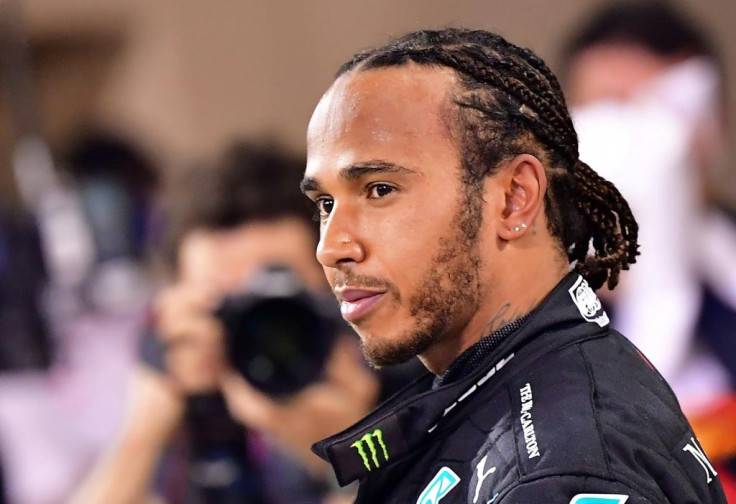
The government also said Friday that it is buying 100 million more doses of the Moderna vaccine candidate, amid reports the government passed on the opportunity to secure more supply of the Pfizer jab.
The purchase brings its total supply of Moderna doses to 200 million, enough to immunize 100 million people with the two-shot regimen that could be approved as early as next week.
Both frontrunners are based on mRNA (messenger ribonucleic acid), a major victory for a technology that had never previously been proven.
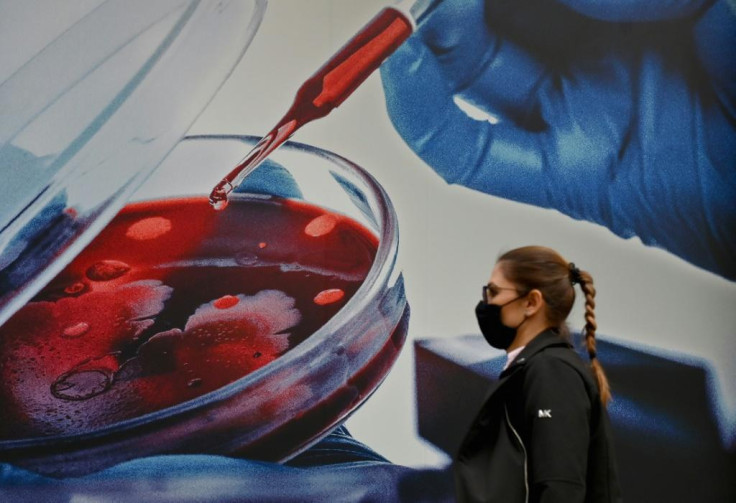
Two other vaccine candidates stumbled Friday: France's Sanofi and Britain's GSK said their vaccine would not be ready until the end of 2021.
And in Australia, the development of a vaccine at The University of Queensland was abandoned Friday after clinical trials produced a false positive HIV result among subjects involved in early testing.
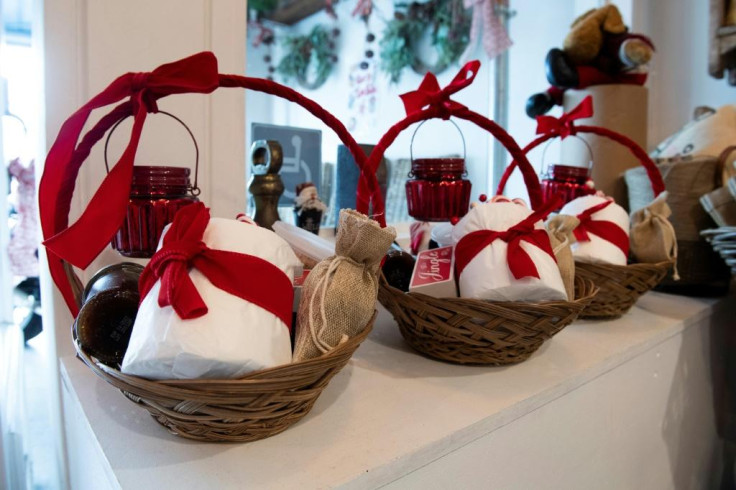
The mixed news on the vaccine front comes as infections accelerated fast in North America and parts of Africa but started to stabilize in Europe and drop in Asia and the Middle East.
Around the world more than 1.58 million lives have been lost to Covid-19 since it emerged in China a year ago, according to an AFP tally from official sources.
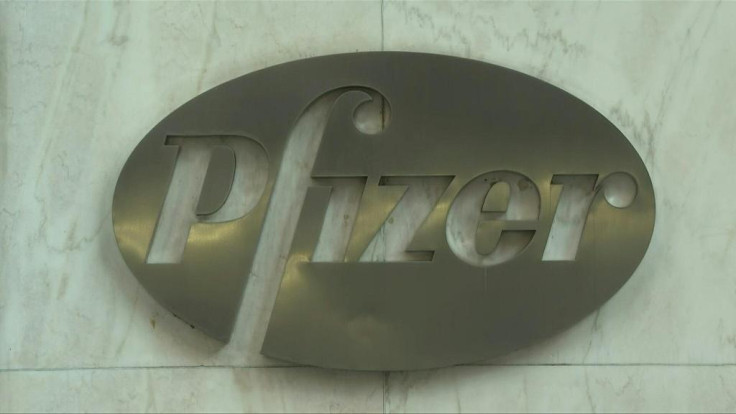
Brazil on Friday crossed 180,000 deaths, despite President Jair Bolsonaro's insistence the crisis was at the "tail end."
But across the Pacific Ocean, New Zealand, which has been praised for its handling of the virus, took its first tentative steps towards reopening its borders -- with the tiny Cook Islands.
Countries which have approved the Pfizer-BioNTech jab meanwhile were preparing for roll out, as the World Health Organization warned of a potentially grim Christmas season.
Following Britain's lead, the first vaccine shipments to 14 sites across Canada are scheduled to arrive Monday with people receiving shots a day or two later.
Israel, which accepted its first shipment of the Pfizer vaccine on Wednesday, is targeting a rollout on December 27.
And Hong Kong said Friday it had struck deals for two vaccines -- one from Pfizer and the other from Beijing-based Sinovac -- with plans to launch a campaign in early 2021.
A new combined approach is also being tested by AstraZeneca, whose Russian operation said it would mix its shot with the locally-made Sputnik V vaccine in clinical trials.
Russia and China have already begun inoculation efforts with domestically produced vaccines that have seen less rigorous vetting.
EU countries are eagerly awaiting clearance on the Pfizer and Moderna vaccines, in late December and early January respectively.
As Europe's surge eases off slightly, France is planning to lift a six-week-long lockdown from Tuesday but impose a curfew from 8.00 pm, including on New Year's Eve.
Greece also announced new plans Friday to slash quarantine time for incoming travelers and reopen churches for Christmas.
But Switzerland, which is seeing a sharp resurgence in cases, announced a 7:00 pm curfew for shops, restaurants and bars.
While lockdowns have brought economic pain, boredom and myriad other woes, the effect on the environment has been more positive.
Copyright AFP. All rights reserved.
© Copyright IBTimes 2025. All rights reserved.





















